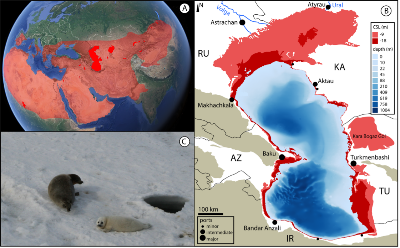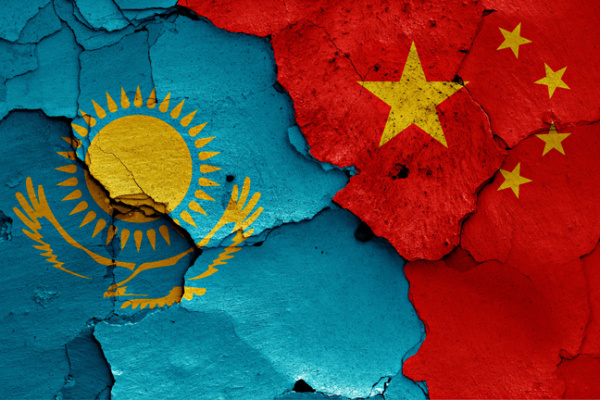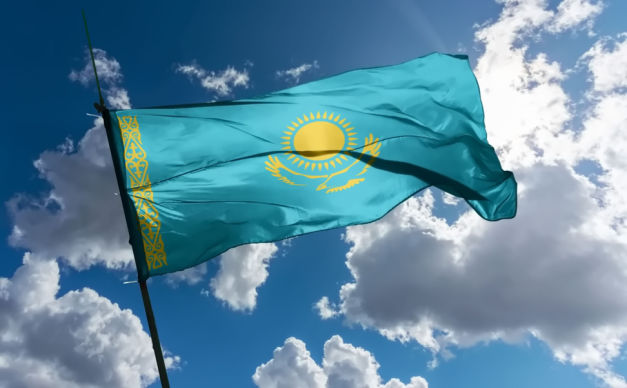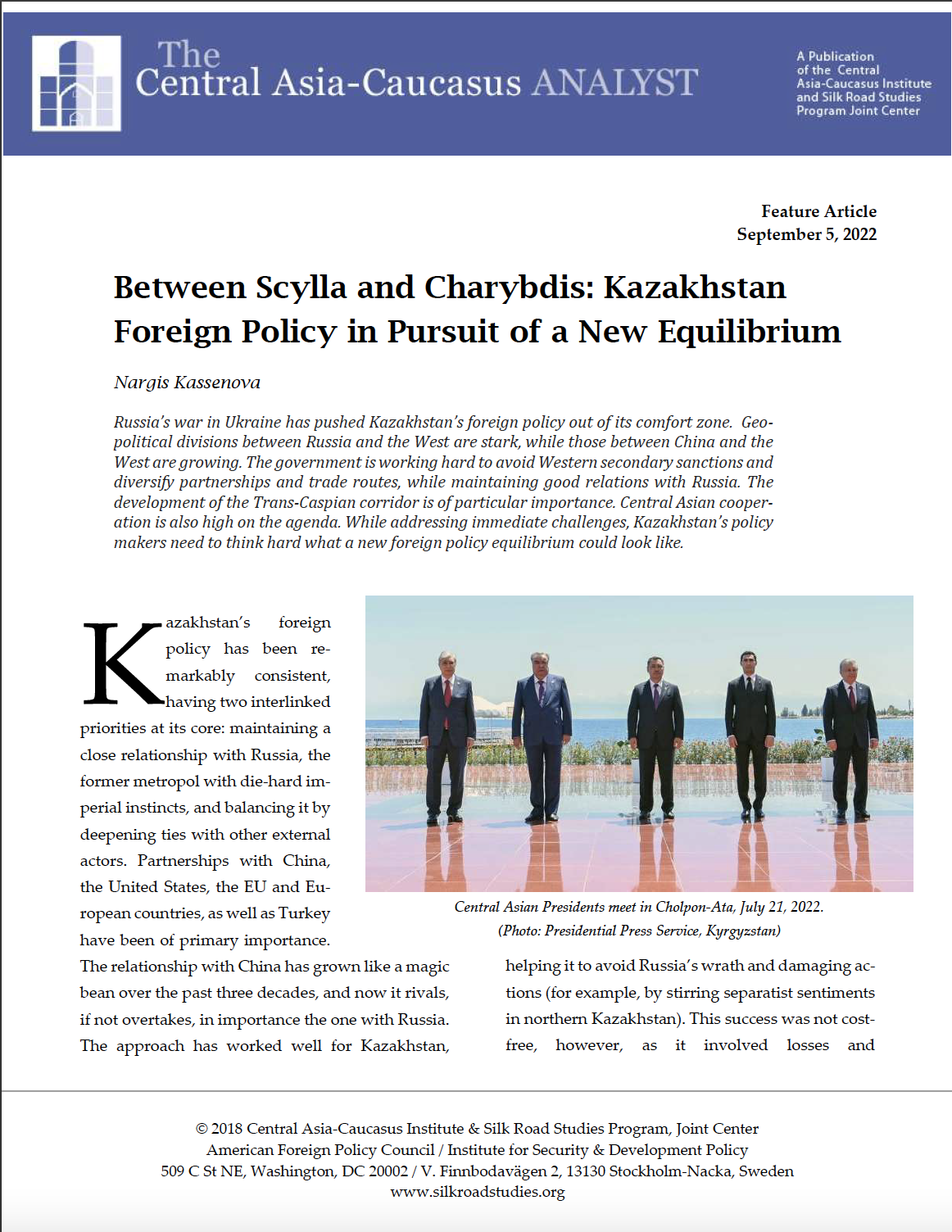Decreasing Water Levels in the Caspian Sea: Causes and Implications
By Vali Kaleji
October 13, 2023
Various reports indicate that the water level of the Caspian Sea has decreased by one meter in recent years and could drop by 9 to 18 meters (30 to 59 feet) by the end of the 21st century. Although climate change contributes to this process, Russia’s construction of dams on the Volga River has played an important role in reducing the amount of water entering the Caspian Sea. This will have significant and serious implications, including a decline of the sea water level, a considerable retreat of the sea and increase of the land and coastal area especially in upstream countries (Russia and Kazakhstan), challenges to the operation of ports and shipping, as well as environmental consequences, particularly the drying of protected areas and wetlands.

Iran and Russia: from “Oil-for-Goods Swap” to “Oil-Gas Swap”
By Vali Kaleji
January 17, 2023
Recent agreements between Tehran and Moscow on an oil-gas swap is another sign of Russia’s turn towards Asian oil and gas markets and closer relations between the two countries in light of Russia’s war in Ukraine. If these agreements are finalized, Iran will import 20 billion cubic meters (bcm) of gas from Russia annually. Since Iran and Russia do not have a common land border, gas must be swapped from two routes, namely Kazakhstan and Turkmenistan in Central Asia and Azerbaijan in the Caucasus.

China Backs Kazakhstan Against Russian Threats
By Natalia Konarzewska
January 12, 2023
During his visit to Kazakhstan on September 14, China’s President Xi Jinping asserted that China supports Kazakhstan’s territorial integrity and independence, and opposes any interference in Kazakhstan’s internal affairs. Xi's remarks sounded like a thinly veiled warning to Russia. Moscow has ramped up its aggressive rhetoric against Astana over its refusal to support Russia’s military invasion of Ukraine, which Kazakhstan has interpreted as a possible Russian threat to its territorial integrity. China’s explicit support for Kazakhstan should also be considered against the backdrop of Russia’s recent military defeats in Ukraine, which have exposed multiple military weaknesses.

President Tokayev Moves Ahead in Social Reforms
By Svante E. Cornell and Albert Barro
November 7, 2022
In his September 2022 address to the nation, President Kassym-Jomart Tokayev spent an inordinate amount of time on social issues, and in particular on reforms in the education and healthcare sector. This stems directly from the growing inequities in the provision of services in the country, where rural and remote areas in particular do not benefit from the same level of service provision as larger cities. The social reforms introduced by President Tokayev aim at correcting these problems, but their success will be dependent on the broader political reforms that intend to change the relationship between citizen and state in Kazakhstan.

Between Scylla and Charybdis: Kazakhstan Foreign Policy in Pursuit of a New Equilibrium
By Nargis Kassenova
September 5, 2022
Russia’s war in Ukraine has pushed Kazakhstan’s foreign policy out of its comfort zone. Geopolitica divisions between Russia and the West are stark, while those between China and the West are growing. The government is working hard to avoid Western secondary sanctions and diversify partnerships and trade routes, while maintaining good relations with Russia. The development of the Trans-Caspian corridor is of particular importance. Central Asian cooperation is also high on the agenda. While addressing immediate challenges, Kazakhstan’s policy makers need to think hard what a new foreign policy equilibrium could look like.



